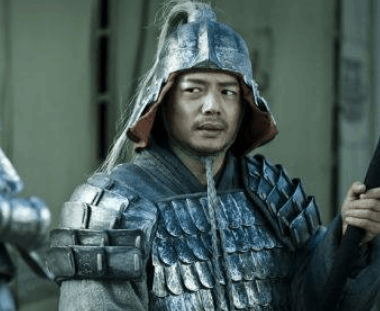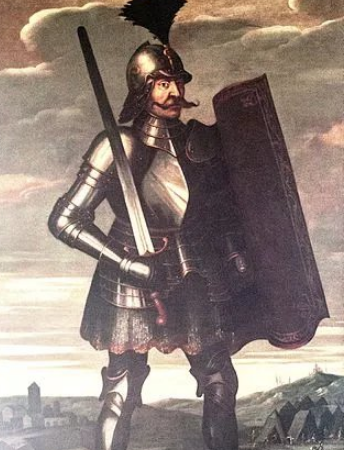During the Three Kingdoms period, the rise and fall of the Shu Han dynasty, as one of the three kingdoms including Wei, Shu, and Wu, attracted much historical attention. In the era of Liu Bei and Zhu Ge Liang, the Shu Han dynasty had a number of outstanding generals such as Guan Yu, Zhang Fei, Zhao Yun, etc., who made great contributions to the establishment and development of the Shu Han dynasty. However, as time went by, in the later period of the Three Kingdoms, the Shu Han dynasty seemed to face a lack of good generals. This article will explore this issue and analyze its impact on the fate of the Shu Han dynasty.

I. Overview of the generals in the later period of the Shu Han dynasty
As time went by, many early famous generals died one after another, and new generations of generals began to emerge. However, compared with the early period, the later period of generals seemed to be difficult to shoulder the heavy responsibilities left by their predecessors. Although Jiang Wei had some military talents, his failures in the northern expeditions also reflected limitations in his strategic vision and military command. Other generals such as Liao Hua and Ma Dai had certain combat capabilities, but lacked sufficient strategic influence and leadership.
II.Reasons for the talent gap
There were many reasons for the lack of good generals in the later period of the Shu Han dynasty. First, years of war consumed a large amount of talent resources, and many promising young generals died prematurely in the wars. Second, the Shu Han dynasty was located in the southwestern border, where it was relatively difficult to cultivate and attract talents, leading to insufficient talent reserves. In addition, political factors also affected the growth and performance of generals to some extent, such as eunuch autocracy and royal power struggles.
III. Impact on the fate of the Shu Han dynasty
The quality of generals is directly related to the military strength of the country and the success or failure of wars. The lack of good generals in the later period of the Shu Han dynasty made the country suffer repeated defeats in foreign wars, especially when fighting against the Cao Wei and Dong Wu. This situation not only consumed the country's financial and human resources, but also weakened the confidence and morale of the people. Ultimately, this vicious cycle led to the extinction of the Shu Han dynasty.
IV. Conclusion
In summary, the Shu Han dynasty did face a lack of good generals in the later period of the Three Kingdoms. This was not only due to the limitations of war consumption and geographical location, but also due to the influence of the political environment. The lack of good generals had a profound impact on the fate of the Shu Han dynasty, accelerating the decline and extinction of this country. From this historical phenomenon, we can recognize the importance of talent cultivation and rational use for a country.
Disclaimer: The above content is sourced from the internet and the copyright belongs to the original author. If there is any infringement of your original copyright, please inform us and we will delete the relevant content as soon as possible.






























